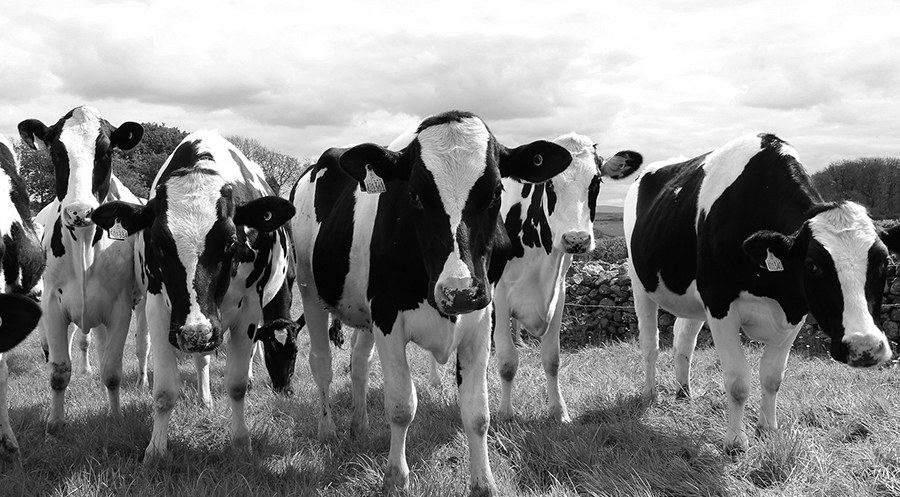Originally published July 2021.
Among the many quotes attributed to Einstein, the following seems most pertinent as we look to the future: ‘’The significant challenges we face cannot be solved at the same level of thinking that we were at when we created them’. Undoubtedly as we move forward, both dealing and learning to live with the impact of the Covid virus, it will need very new thinking as the challenges ahead for the world economy are immense. Whatever new normal means, it will require a new paradigm as to how we both live and run our lives, and our business and economy.
Recently I attended a meeting of a farming organisation. The conversation and discussions were grim. Lockdown in the UK has impacted substantially on the its dairy sector, with many farmers’ outlets disappearing with the closure of restaurants, hotels and the like. There are concerns about the outcome of trade discussions, particularly with the USA, with fears of lower-quality imports. There are also similar misgivings about the Brexit discussions and what might eventually emerge from them. Then, of course, there has been the extreme weather. The very wet autumn and winter meant many crops were not sown. Winter wheat planting is well down. The spring did eventually arrive, which allowed spring sowings, only to be followed by an extremely dry period affecting germination badly. Projections on farming output in 2020 are not optimistic. It was feared that many farmers, faced with this and the impact and repercussions of the pandemic, will not survive.
All, as said, was very grim. Yet, there is evidence of new thinking and if UK agriculture is to meet the challenge, it needs to be fostered and to grow. The sector can either sit back and expect others to resolve matters or it can be proactive and recognise that if there are potential solutions, they need to be grasped, even with all the risks. I hear often on the media that it is down to government, but if UK agriculture and indeed the economy as a whole is to move forward, it will be down to the entrepreneurs and the pathfinders, prepared to make the paradigm shift happen and succeed.
There have been times of real optimism and indeed pessimism
I was born in 1950 and when I reflect on the 70 years since, the change in practice and performance is incredible. Throughout that period, there have been times of real optimism and indeed pessimism. Agriculture has flourished and in turn suffered. I have no magical solution to the challenges ahead, but I do have a real faith and belief in the enterprise of individuals. The farming sector will change, as it has over the years, but we still need food and the pandemic has, I believe, given us opportunity among the pain.
There has been a growth in local sourcing of food and there is a window of opportunity to build on this. I do see real growth potential in more direct selling. It will require changes in operation, but can work. It has been interesting to see examples of more dairy farmers seeking to direct sell milk rather than through usual routes. There has been a revival, albeit small, of receiving the daily pinta of milk and home delivery of farm produce. Then there is reversing the fear of low-quality imports by really promoting the quality of home supplies. Of course price will remain king for many, especially as family incomes will be pressured, but focusing on quality assured has merits, again given the increased focus on food and its supply during pandemic conditions.
This is not just a battle cry – I really do feel there is opportunity. UK agriculture may suffer along with many other sectors, but it can rise and, yes, prosper, but it needs new thinking and some bravery. I started this with an Einstein quote so I will conclude with one from Darwin: ‘It is not the strongest of the species that survives nor the most intelligent, but the one that is most adaptable to change’.








